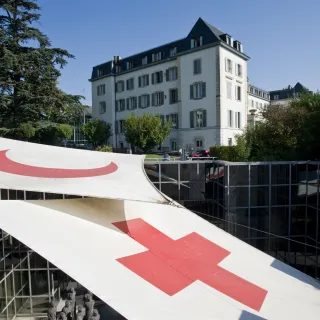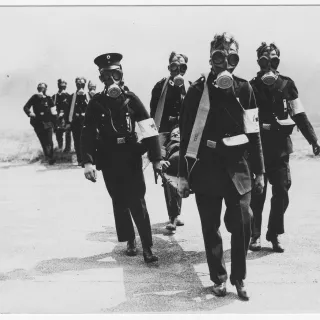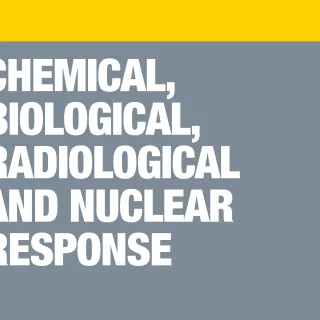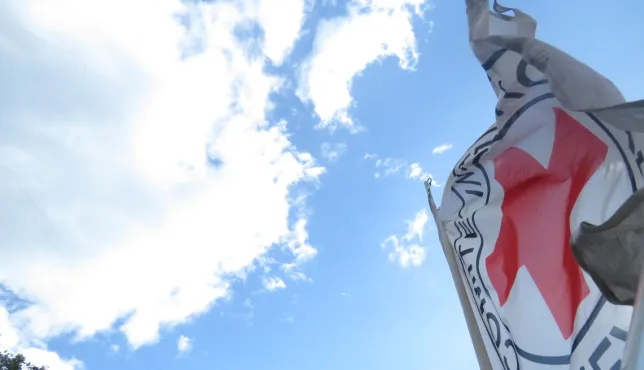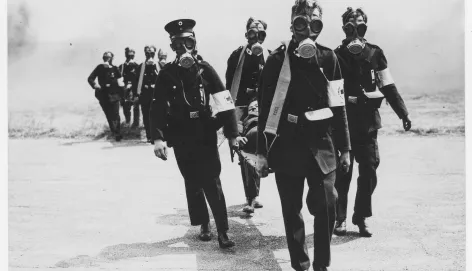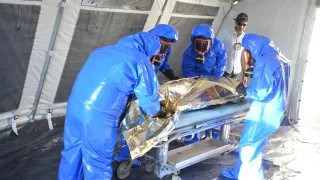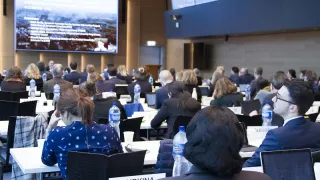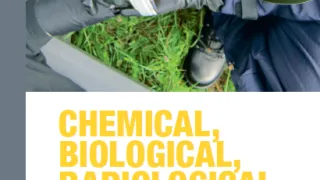Chemical and biological weapons and international humanitarian law
Today’s advances in life sciences and biotechnology, as well as changes in the security environment, have increased concern that long-standing restraints on the use of chemical and biological weapons may be ignored or eroded.


